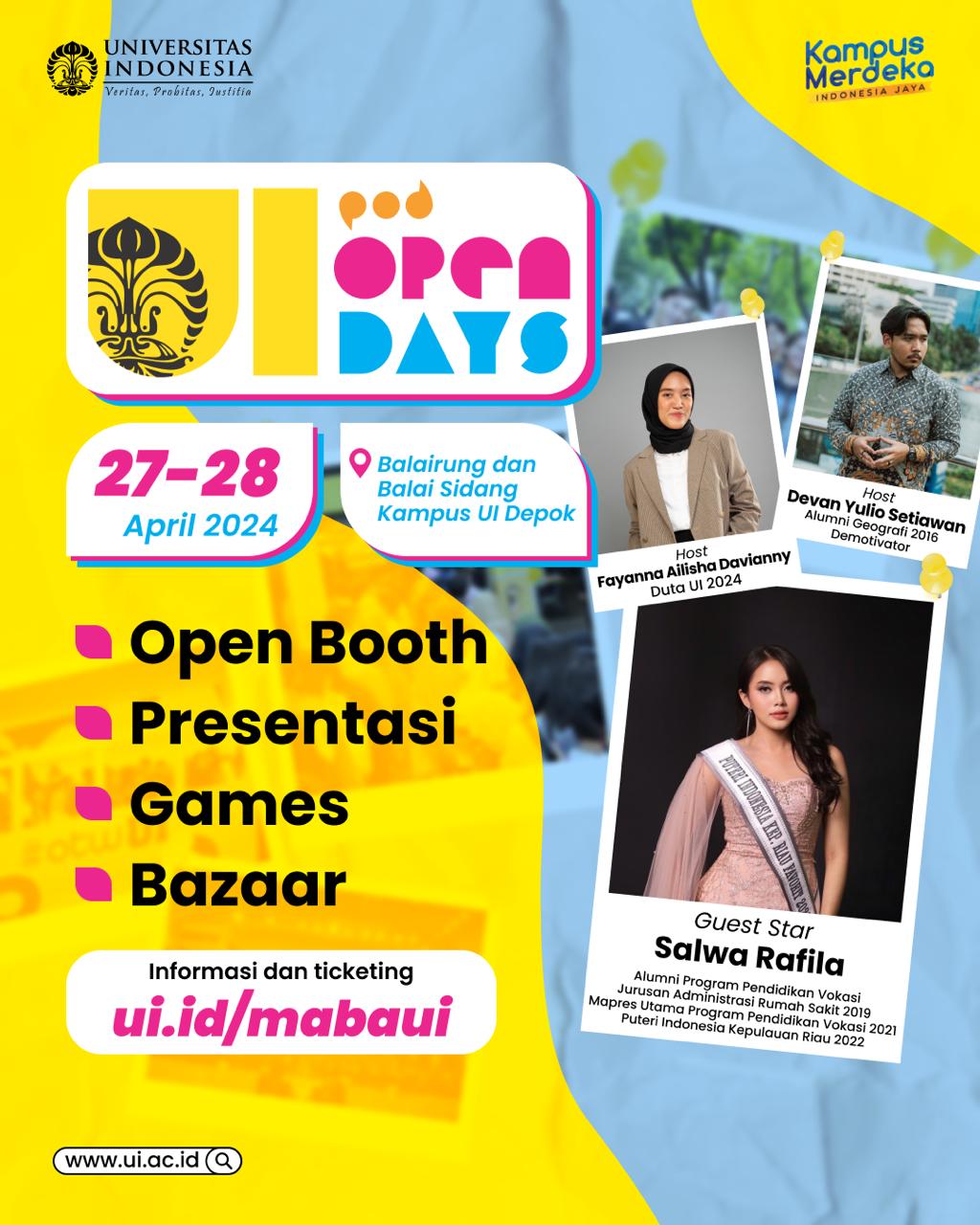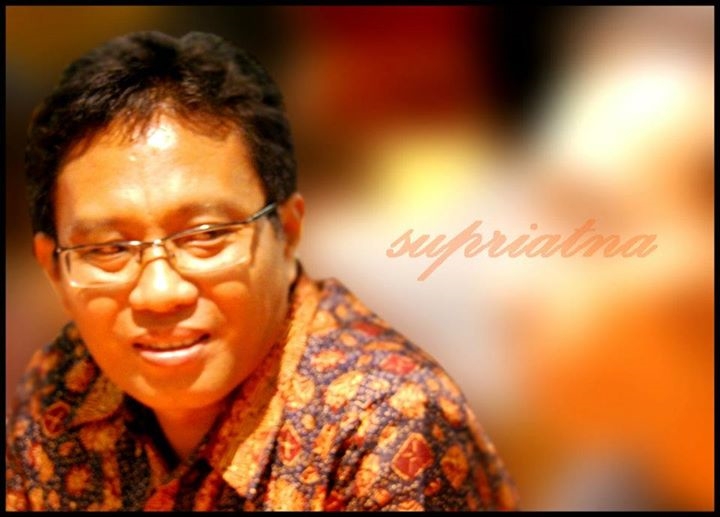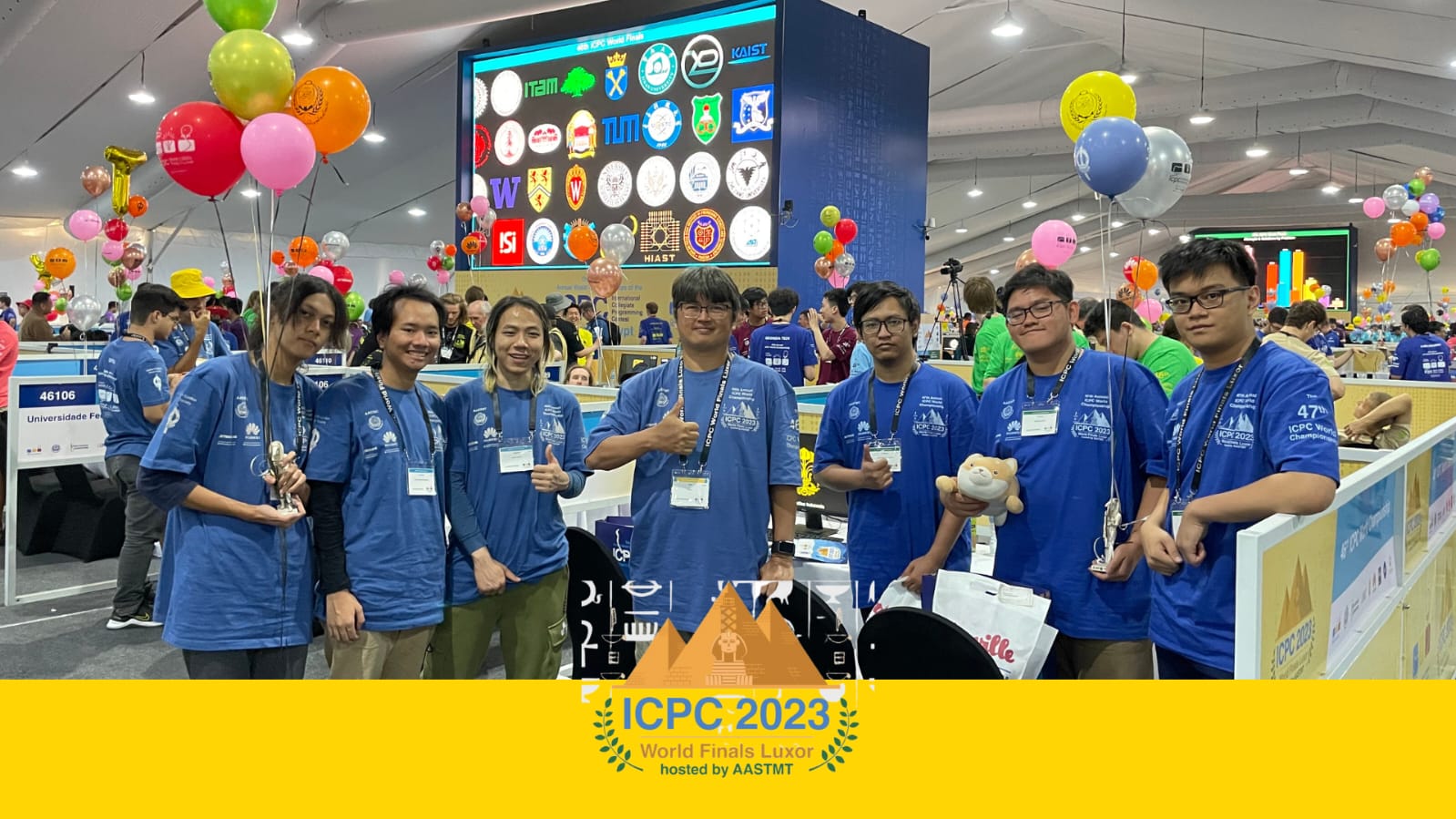![]()
Author: Ameni Nazaretha
The Industrial Revolution 4.0 has forced people to change their behavior, perspective, and mindset to fit the times. This cultural transformation is important because when a nation is not ready to face the Industrial Revolution 4.0, then the nation is in ‘turmoil’ or experiencing cultural shocks that have the potential to damage old cultural values and leave new cultural values in an incompletely formed condition. This can cause people to lose their direction and grip, so they are easily trapped in conflict, and easily dictated by other nations.
Against the background of these facts that surround us, Makara Art Center (MAC) together with the Tolerant UI Alliance (AUTO) and the UI Nationality Forum held a Cultural Workshop themed “Cultural Transformation in the Era of the Industrial Revolution 4.0.” on Wednesday (10/11) at the Makara Art Center Auditorium, UI Depok Campus. The event was streamed via YouTube and Zoom, supported by Atitude Achievement For Titanium Generation 4.0. (A2G).
“In order to answer the demands of the Revolution 4.0 era, it is necessary to formulate a precise and accurate concept of cultural strategy so that cultural transformation can run appropriately and relevantly in accordance with the demands of the times,” said Prof. Ari Kuncoro, Rector of Universitas Indonesia (UI).
Responding to this, AUTO’s representative, Pamela Cardinale, said that one of the objectives of organizing this workshop is to formulate the cultural strategy so that the traditional values in Indonesia can become something relevant to the times.
According to Pamela, a nation without this direction will be busy fighting and arguing over trivial matters and easily dissolved with the trends and thoughts of other nations. “The Indonesian nation is experiencing this, characterized by debates and conflicts that arise because of small issues and ignore the big problems. Secondly, it is characterized by a pejorative view of one’s own culture and the glorification of other cultures,” Pamela added.
![]()
Such a nation will become a fragile nation and have low creativity. These conditions illustrate that Indonesia is still lagging behind in facing the Industrial Revolution 4.0 which requires cultural transformation. There needs to be a mature, directed and measurable strategy so that the cultural transformation process can run creatively, without turmoil and remain dynamic and creative. This workshop was divided into two sessions that discussed the tradition of today’s knowledge culture and the challenges of the industrial revolution 4.0. to change learning and the mindset of educators. The industrial revolution 4.0. has led to digital disruption that has caused shocking sparks of change in the economic, social and cultural fields. Therefore, renewal of cultural strategies is needed to deal with it, especially renewal in terms of the education system because the sources of disruption are sources related to technological mastery. Furthermore, the workshop also discussed the existence of stuttering in education about the existing culture, one of which is due to outdated learning methods in the era of the industrial revolution 4.0. For this reason, the education model must be updated so that it can be more oriented towards problem solving that emphasizes creativity and innovation. The purpose of education must also be considered, which is not only focused on acquiring knowledge but also acquiring character education. Liberal arts can be a balance and basis in education to make students’ minds more open, critical and creative, especially in facing the times in the industrial revolution 4.0. Hopefully, this activity can bring up smart and accurate thoughts and concepts that can be the answer to the problems that arise in the era of the Industrial Revolution 4.0. In addition, this workshop is also expected to be a foothold in formulating the direction of national cultural policies and solutions to changes in the education curriculum and learning methods. Several speakers attended the event, such as Sujiwo Tejo, Romo Haryatmoko, Budiman Sujatmiko and Andrinof A. Chaniago. This workshop also presented Prof. Ravik Karsidi as the Special Staff of the Coordinating Ministry for Human Development and Culture of the Republic of Indonesia.



